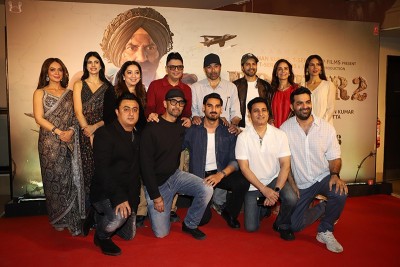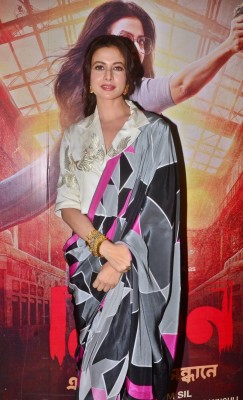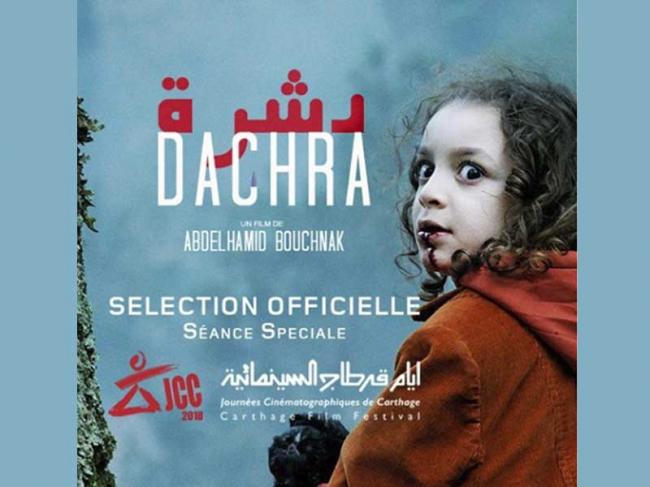
24th KIFF introduces audiences to films from Tunisia
Kolkata, Nov 17 (IBNS): Tunisia, a small country and former French colony tucked away in between the Mediterranean Sea and the Sahara desert on the northern part of Africa, is the toast of the 24th Kolkata International Film Festival (KIFF) with an array of films from this Arabic land being screened at the festival.
In fact, the cinema of Tunisia has been around since 1896, when the Lumière brothers began showing animated films in the streets of the capital city of Tunis.
In 1924, Albert Samama Shikli made the first Tunisian film called Ain el Ghazal while the first production company was established in 1928.
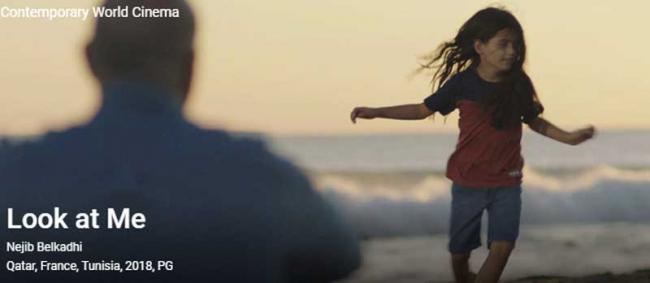
Dachra, a horror film from the land, being screened at KIFF, depicts the adventure of Yasmin, a Tunisian journalism student and her two male buddies who set out on a University assignment to solve the cold case of Mongia, a woman mutilated 25 years ago and now imprisoned in an asylum, after she was suspected of practising witchcraft.
The film set in a cannibal village, shows how the three friends stumble into the archaic, ominous world of Dachran, an isolated but mysterious countryside compound, welcomed to stay overnight by the jovial yet menacing cult leader, but flees the place the moment Yasmin discovers Dachra’s secrets, to avoid being consumed.
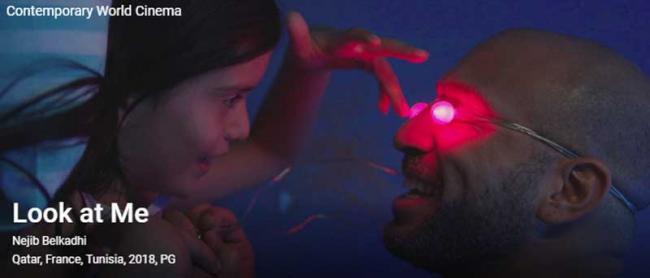
The film is directed by Abdelhamid Bouchnak, and co-produced by Tunisia and France.
Mostly shot within a confined location, the film runs extremely slow. But, interestingly, it introduces us to the universality of how women are needlessly made victims of witchcraft anywhere in the world.
Another film, Look At Me, directed by Nejib Belkadhi and a co-production among Tunisia, France and Quatar is a dynamic action-centric cinema that deals with the relationship between a young father and his nine-year-old autistic son he has hardly ever set eyes on before.
The boy simply ignores the presence of a father he does not know and the father has a challenging job to break through the boy’s autistic behaviour and open him up to the world, now that his mother is no more.
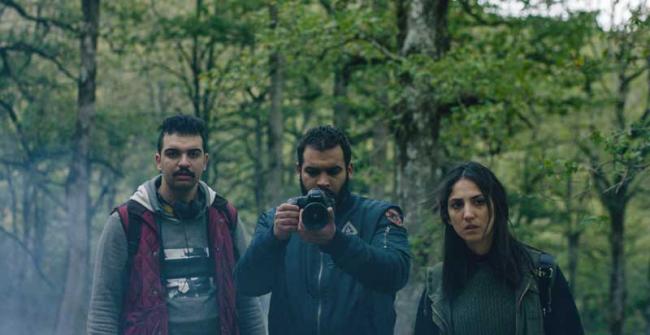
It is the young man’s ex-wife’s sudden illness that brings him back to Tunisia.
These are two of the nine films from Tunisia which are the main attractions in KIFF.
The other films are – Dear Son (Md. Ben Attia), which explores the shock experienced by a Tunisian middle class couple harbouring high hopes for the future of their only son who, they find, has left to join the ISIS in Syria.
Benzine (Sara Abidi), Thala Mon Amour (Mehdi Hmeli), The Last of Us (Ala Eddinc Slim), Tunis By Night (Elyes Bacar), Bedoins 3 (Jilani Sadi) and Zizou (Ferid Boughedir) make up the rest of the package that are among the most contemporary of Tunisian cinema.
They are all distinct unto themselves reflecting the versatility and multi-layered approach to cinema by contemporary filmmakers.
A 1975 Tunisian film, The Ambassadors, directed by Naceur Ktari won the Golden Tanit for the best picture during the Carthage Film Festival in 1976, the special jury award from the Locarno International Film Festival in the same year and has been classified in the Un Certain Regard (a section of the Cannes Film Festival's official selection) category during the 1978 Cannes Film Festival.
Women have played a significant role in Tunisian cinema. The first Tunisian actress was Haydée Chikly, who starred in the short film, Zohra in 1922. The first feature film directed by a woman was Fatma 75 (1975) by Selma Baccar. Subsequent films by female directors such as Néjia Ben Mabrouk's Sama (1988) and Moufida Tlatli's The Silences of Palace (1994) have hogged limelight.
The films are filled with critique of the contemporary socio-political realities and also, often point out to how these can be overcome.
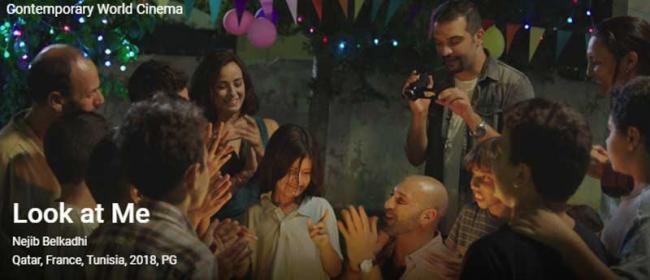
Now that this festival has chosen Tunisia as one of the two focus countries, the other being Australia, the former suddenly finds itself as the centre of attraction.
Geographically, Tunisia covers 155,360 square kilometers of land and 8,250 square kilometers of water, making it the 93rd largest nation in the world and economically a mere 6 percent of its population is below povertyline, who are highly subsidised by the government.
Ranked the least corrupt North-African-country by Transparency International, in 2016, Tunisia lives on exporting its produce with a GDP of $41 billion and an average annual growth rate of 5 percent.
Before Tunisia, the territory's name was Ifriqiya or Africa, which gave the present day name of the continent Africa.
It is sad that Indian cinebuffs are so obsessed with Bollywood, Hollywood, French and European cinema, or, at the most Korean and the fifth generaton Chinese cinema, that it needs a film festival to draw our attention to a country like Tunisia in general and its cinema in particular.
(Reporting by Shoma A. Chatterji)
Support Our Journalism
We cannot do without you.. your contribution supports unbiased journalism
IBNS is not driven by any ism- not wokeism, not racism, not skewed secularism, not hyper right-wing or left liberal ideals, nor by any hardline religious beliefs or hyper nationalism. We want to serve you good old objective news, as they are. We do not judge or preach. We let people decide for themselves. We only try to present factual and well-sourced news.





